As a percussionist, we know that playing in time is important. And having control of rhythms in our music is an essential skill. But many of us don't spend time practicing isolated rhythms. Instead we play complicated etudes and exercises. While this is great for becoming more musical, and helps us put multiple skills together, the core fundamental control of simple rhythms is not developed with a high level of detail.
We often find students who think they can play rhythms in time, but when tested, find out they don't actually have great timing control. And this is usually due to a lack of focused rhythmic practice and muscle memory.
Muscle memory is a term used to explain the relationship between your brain and your muscles. As you perform an activity, like playing 16th notes, the brain creates a neural pathway for that activity. That is why we practice using repetition. Playing something over and over helps develop those pathways and makes it easier for us to recall that feeling.
This is not the only way to practice, as your brain needs a variety of demands to fully develop, but doing repetitions is one great way to get better. So instead of playing something a few times and moving on, we encourage playing something for long periods of time. This will help you develop muscle memory.
One practice method we use is the "100 Measure Method". This is when you pick one thing, like a rhythm or a rudiment, and play it for 100 measures. This might seem daunting at first, but you get used to it over time and helps you develop a great understanding of that musical demand.
The benefits of this method of practice include:
MENTAL FOCUS - Playing something for 100 measures means you have to concentrate for long periods of time. So practicing this way will allow you to focus for longer amounts of time. Then when you play your performance piece you already have the mental stamina to focus for the entire piece.
MUSCLE MEMORY - The length of time playing the music will help develop the pathways in the brain for that motion. So this method develops muscle memory.
TIME FOR ANALYSIS - When you play something 100 Measures in a row it gives you enough time to really examine what you're doing. And the simplicity of playing one skill at a time allows room for more detailed analysis. As you play, this allows time to think about how you sound, how well you're playing in time, how your hands feel, how the hands align with the feet, etc.
Then, after you have truly developed this one skill, apply that feeling when you play that skill in the full musical phrase.
Below is a video of 100 Measures of 16th notes. The goal is simple: Play from beginning to end with quality. Use this as an opportunity to develop muscle memory, technique, and timing.
This is also a great way to get blood flowing into the muscles, so we like using this as a warm up during your practice time.
Students who have added 100 Measures of 16th notes to their warm up routines have seen amazing results. Try playing this every day for a month and see how much this increases your ability to play 16th notes in time.
Then, use this same process for other skills you want to develop.
